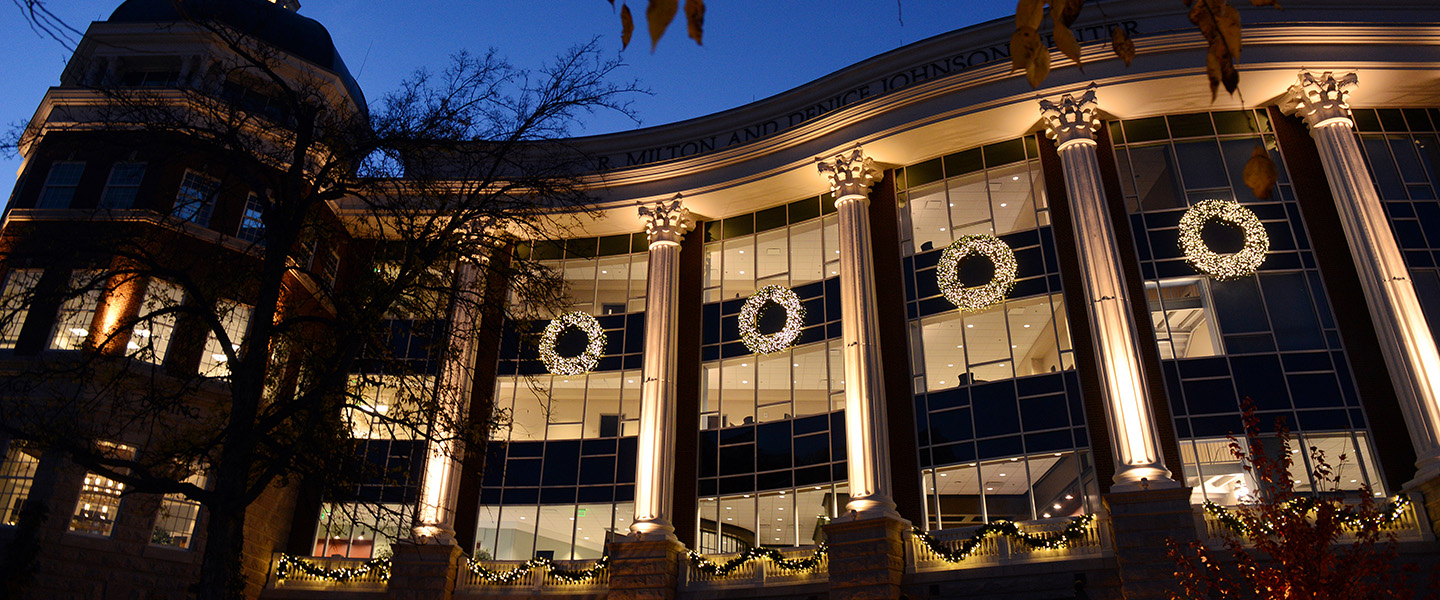Suggested Readings: Isaiah 12:2-6; Amos 8:4-12; 2 Corinthians 9:1-15
Isaiah 12:2-6
Surely God is my salvation;
I will trust, and will not be afraid,
for the Lord God is my strength and my might;
he has become my salvation.
With joy you will draw water from the wells of salvation.
And you will say in that day:
Give thanks to the Lord,
call on his name;
make known his deeds among the nations;
proclaim that his name is exalted.
Sing praises to the Lord, for he has done gloriously;
let this be known in all the earth.
Shout aloud and sing for joy, O royal Zion,
for great in your midst is the Holy One of Israel.
Amos 8:4-12
Hear this, you that trample on the needy,
and bring to ruin the poor of the land,
saying, “When will the new moon be over
so that we may sell grain;
and the sabbath,
so that we may offer wheat for sale?
We will make the ephah small and the shekel great,
and practice deceit with false balances,
buying the poor for silver
and the needy for a pair of sandals,
and selling the sweepings of the wheat.”
The Lord has sworn by the pride of Jacob:
Surely I will never forget any of their deeds.
Shall not the land tremble on this account,
and everyone mourn who lives in it,
and all of it rise like the Nile,
and be tossed about and sink again, like the Nile of Egypt?
On that day, says the Lord God,
I will make the sun go down at noon,
and darken the earth in broad daylight.
I will turn your feasts into mourning,
and all your songs into lamentation;
I will bring sackcloth on all loins,
and baldness on every head;
I will make it like the mourning for an only son,
and the end of it like a bitter day.
The time is surely coming, says the Lord God,
when I will send a famine on the land;
not a famine of bread, or a thirst for water,
but of hearing the words of the Lord.
They shall wander from sea to sea,
and from north to east;
they shall run to and fro, seeking the word of the Lord,
but they shall not find it.
2 Corinthians 9:1-15
Now it is not necessary for me to write you about the ministry to the saints, for I know your eagerness, which is the subject of my boasting about you to the people of Macedonia, saying that Achaia has been ready since last year; and your zeal has stirred up most of them. But I am sending the brothers in order that our boasting about you may not prove to have been empty in this case, so that you may be ready, as I said you would be; otherwise, if some Macedonians come with me and find that you are not ready, we would be humiliated—to say nothing of you—in this undertaking. So I thought it necessary to urge the brothers to go on ahead to you, and arrange in advance for this bountiful gift that you have promised, so that it may be ready as a voluntary gift and not as an extortion.
The point is this: the one who sows sparingly will also reap sparingly, and the one who sows bountifully will also reap bountifully. Each of you must give as you have made up your mind, not reluctantly or under compulsion, for God loves a cheerful giver. And God is able to provide you with every blessing in abundance, so that by always having enough of everything, you may share abundantly in every good work. As it is written, “He scatters abroad, he gives to the poor; his righteousness endures forever.” He who supplies seed to the sower and bread for food will supply and multiply your seed for sowing and increase the harvest of your righteousness. You will be enriched in every way for your great generosity, which will produce thanksgiving to God through us; for the rendering of this ministry not only supplies the needs of the saints but also overflows with many thanksgivings to God. Through the testing of this ministry you glorify God by your obedience to the confession of the gospel of Christ and by the generosity of your sharing with them and with all others, while they long for you and pray for you because of the surpassing grace of God that he has given you. Thanks be to God for his indescribable gift!

